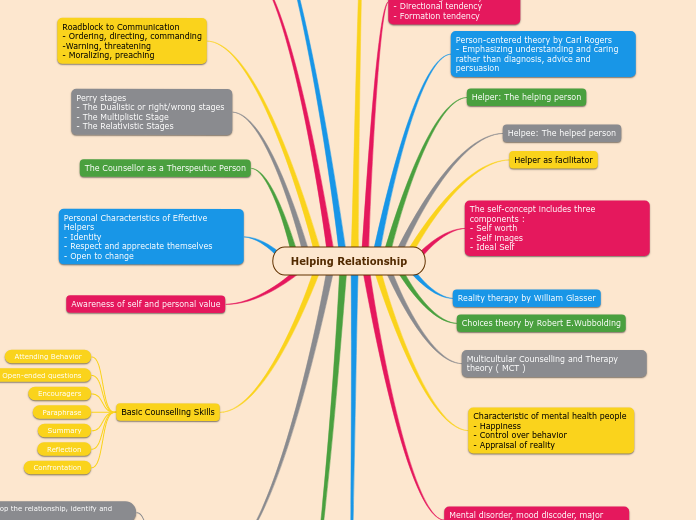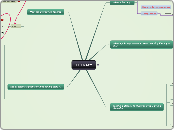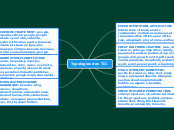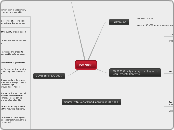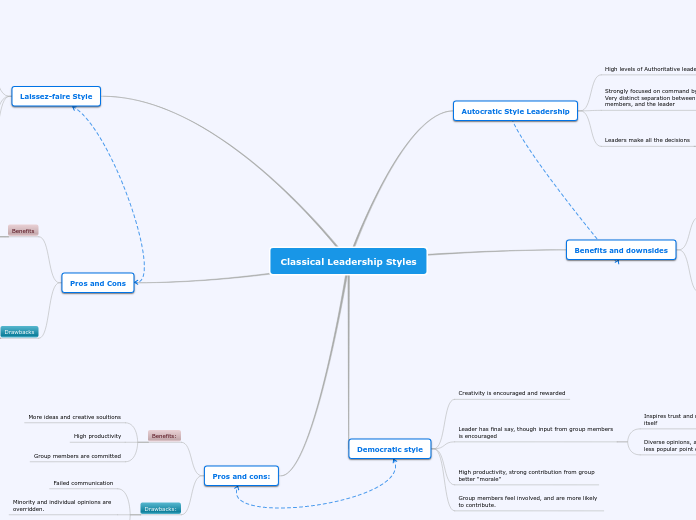av Putri Najihah för 4 årar sedan
689
Helping Relationship
In therapeutic settings, fostering an effective helping relationship is crucial for individual growth and self-motivation, especially in stressful situations. The self-concept, encompassing self-worth, self-image, and the ideal self, plays a significant role in this process.
